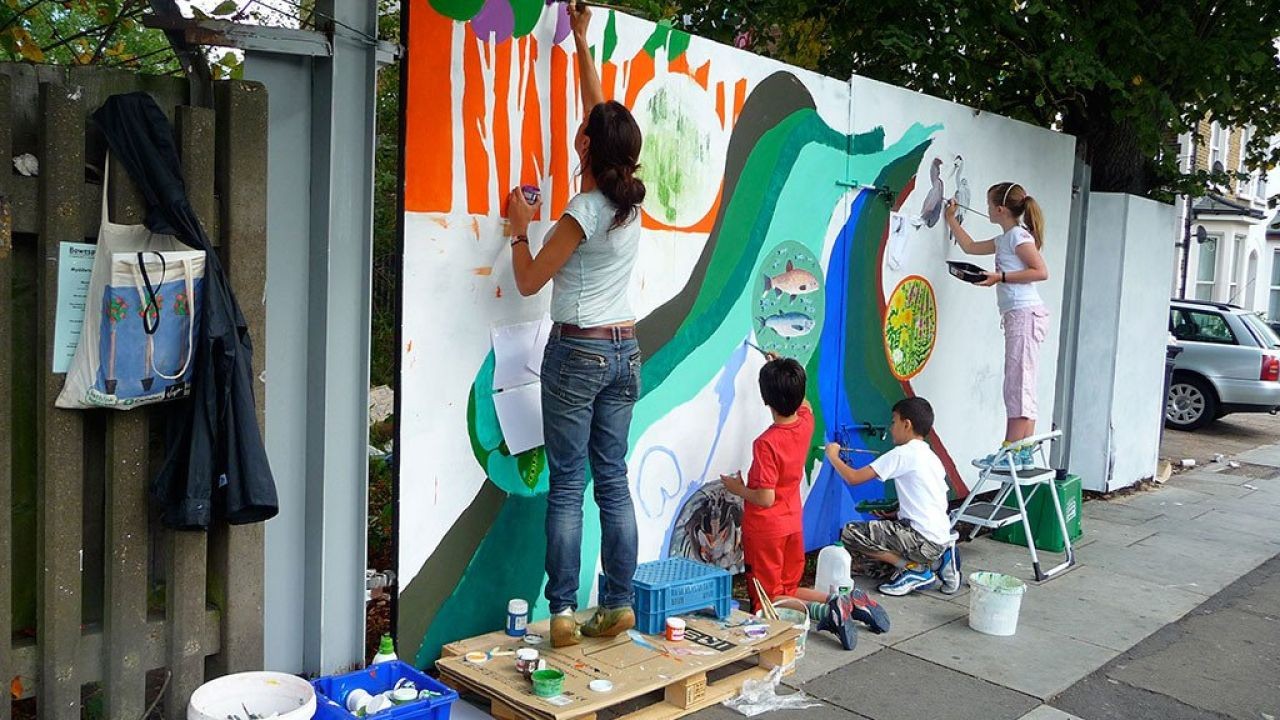In New Zealand, the intertwining of culture and commerce is a unique phenomenon, especially when considering the diverse tapestry of over 500 Māori tribes, or iwi, that inhabit the country. This cultural landscape offers a wealth of opportunities and challenges for commercial real estate brokers navigating the market. Understanding the socio-economic dynamics of these tribes is crucial for successful real estate ventures, not only due to the cultural significance but also because of the evolving economic landscape in New Zealand.
Understanding the Māori Cultural Landscape
The Māori tribes are deeply rooted in New Zealand's history and culture. Each iwi has its own distinct identity, territory, and resources, which play a critical role in shaping local economies. For instance, the Ngāi Tahu, one of the largest iwi, has been instrumental in regional development, focusing on sustainable practices and community engagement. This not only influences the socio-economic environment but also the real estate market dynamics in their territories.
The Economic Influence of Māori Tribes
According to Stats NZ, Māori enterprises contribute significantly to the national economy, with assets worth over NZD 50 billion. This economic power is not just limited to traditional sectors but is expanding into real estate, tourism, and technology. The commercial strategies of these iwi, focused on cultural preservation and economic growth, present unique investment opportunities for real estate brokers.
Case Study: Ngāi Tahu's Real Estate Ventures
Ngāi Tahu, with its vast land holdings, offers a prime example of how iwi can influence real estate markets. The tribe has successfully leveraged its resources to develop real estate projects that align with cultural values while promoting economic growth. By partnering with local businesses and government bodies, Ngāi Tahu has been able to create sustainable developments that enhance community well-being while offering lucrative opportunities for investors.
Action: Strategic Partnerships and Community Engagement
Ngāi Tahu's approach underscores the importance of strategic partnerships and community engagement. By aligning with local businesses and government agencies, the iwi ensures that development projects are culturally sensitive and economically viable. This strategy not only preserves cultural heritage but also attracts investment by showcasing a commitment to sustainable growth.
Comparative Analysis: Global Indigenous Real Estate Trends
Globally, indigenous communities are increasingly becoming key players in real estate markets. In Canada, First Nations are investing heavily in urban developments, creating economic hubs in partnership with municipal governments. Similarly, in Australia, Aboriginal land councils are engaging in commercial real estate to empower communities and generate revenue.
These trends highlight a strategic shift where indigenous groups are leveraging their land and cultural heritage for economic empowerment. For New Zealand, this global perspective offers valuable insights into potential strategies that Māori tribes can adopt to maximize their real estate assets.
Pros and Cons of Māori Real Estate Investments
Investing in Māori real estate offers several advantages, such as access to unique cultural landscapes and community-driven developments. However, it also comes with challenges, including navigating complex legal frameworks and ensuring cultural sensitivity in development projects.
Pros:
- Unique Opportunities: Access to culturally rich lands and innovative development projects.
- Community Support: Investments that align with iwi values often receive strong local backing.
- Sustainable Growth: Emphasis on eco-friendly and sustainable development practices.
Cons:
- Legal Complexities: Navigating treaty settlements and land ownership laws can be challenging.
- Cultural Sensitivity: Ensuring developments respect Māori cultural values requires careful planning.
- Market Fluctuations: Economic shifts can impact the viability of long-term investments.
Common Myths and Mistakes in Māori Real Estate
Myth: Māori Land is Not Profitable
Reality: Contrary to this belief, Māori land can be highly profitable when developed in line with iwi values and sustainable practices. The success of Ngāi Tahu's ventures is a testament to this potential.
Myth: Cultural Considerations Hinder Development
Reality: Cultural sensitivity can enhance development projects by fostering community support and ensuring long-term sustainability. Ignoring cultural factors often leads to project failures and community pushback.
It's crucial for brokers to understand these dynamics to avoid costly mistakes. Engaging with iwi leaders and incorporating cultural elements into project planning can mitigate risks and enhance returns.
Future Trends in Māori Real Estate
Looking ahead, the integration of technology and innovation will be pivotal in transforming Māori real estate. As iwi embrace digital tools for land management and development, opportunities for smart, sustainable urban planning will emerge. Additionally, the New Zealand government's focus on empowering Māori communities through policies and funding will further drive growth in this sector.
By 2028, it's anticipated that Māori enterprises will play a significant role in shaping New Zealand's urban landscapes, offering new avenues for investment and partnership. Real estate brokers who align with these trends will be well-positioned to capitalize on emerging opportunities.
Conclusion and Call to Action
For commercial real estate brokers in New Zealand, understanding the cultural and economic landscape of Māori tribes is not just beneficial but essential. Engaging with iwi, respecting cultural considerations, and leveraging strategic partnerships can unlock significant opportunities in the real estate market.
As the landscape evolves, brokers should stay informed about policy changes and emerging trends to maintain a competitive edge. By embracing Māori values and sustainable practices, the real estate industry can contribute to the economic empowerment of indigenous communities while achieving financial success.
What strategies have you found effective in navigating Māori real estate markets? Share your insights and experiences below!
People Also Ask (FAQ)
- How does Māori land ownership affect real estate development? Māori land is often subject to complex legal frameworks and cultural considerations, requiring careful navigation to ensure successful development.
- What are the benefits of investing in Māori real estate? Investors can access unique cultural landscapes and community-driven projects that often receive strong local support, leading to sustainable growth.
- How can brokers engage with Māori tribes effectively? Building relationships with iwi leaders and incorporating cultural elements into project planning are crucial for successful engagement.
Related Search Queries
- Māori real estate investment opportunities
- Ngāi Tahu land development projects
- New Zealand iwi economic impact
- Māori cultural considerations in real estate
- Sustainable development in New Zealand































